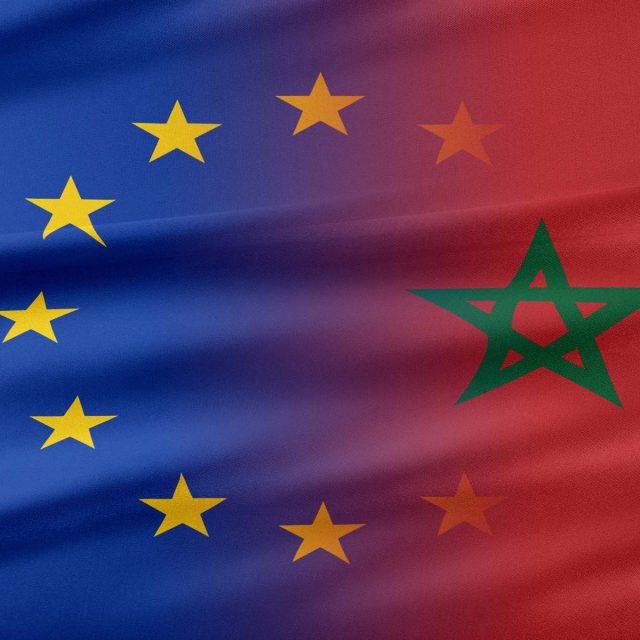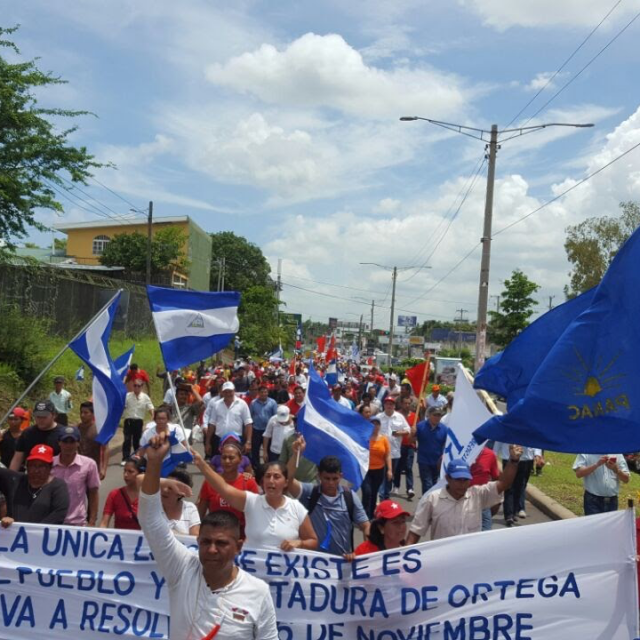The European Ombudsman inquiry into the Commission’s handling of a request for text messages between its President and the CEO of a pharmaceutical company is, she says, a wake-up call for all EU institutions about ensuring accountability in an era of instant messaging.
One year after the initial request by a journalist, the Commission has still not clarified whether messages reported to concern major vaccine procurement deals exist and whether the public is entitled to see them.
The Ombudsman had asked the Commission, in a finding of maladministration in January, to conduct a more thorough search for the text messages.
The Commission’s recent response failed to say whether it had looked directly and correctly for the text messages and if not, why not.
While the response recognised that work-related text messages can be EU documents, it reiterated that the Commission’s internal policy is, in effect, not to register text messages.
The Ombudsman has closed the probe and upheld her finding of maladministration.
“The Commission’s response to my findings neither answered the basic question of whether the text messages in question exist nor provided any clarity on how the Commission would respond to a specific request for other text messages,” said Emily O’Reilly.
“The handling of this access to documents request leaves the regrettable impression of an EU institution that is not forthcoming on matters of significant public interest.”
“Public access to work-related text messages is a new area for the EU administration and one that needs to be tackled substantively and in good faith. This inquiry is a wake-up call to all EU institutions.”
“The recent revelations about lobbying tactics by an American multinational in Europe, including leaked text messages, shows the urgency of this issue for public administrations.” said the Ombudsman.
Separately, after gathering information on the rules and practices on the recording of text and instant messages across the EU administration, the Ombudsman is today publishing practical recommendations for dealing with this issue.
The recommendations say that:
- Work-related text and instant messages should be recognised as EU documents.
- Technological solutions should be put in place to enable the easy recording of such messages.
- Staff should have clear guidance on how such messages should be recorded.
- Requests for public access to documents that could cover text messages should be dealt with in a way that considers all locations where such messages might be stored.




